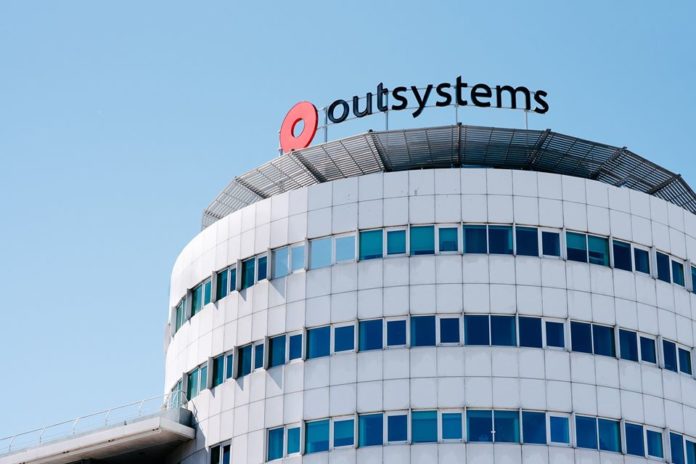Close to two-thirds (63%) of firms in Singapore have already adopted low-code platforms, and 16% more are looking to do so in the next 18 months, according to a new report from OutSystems and IDC.
The report suggests that Singapore organisations tend to be early adopters of technology and are under extreme pressure to modernise and evolve existing applications.
“Singapore is a nation that’s heavily dependent on human resources and is faced with a high demand for IT talent,” says Mark Weaser, VP for Asia Pacific at OutSystems.
“There is a need for companies to find quicker and simpler ways to build new features and applications to cater to their customers’ evolving needs,” said Weaser.
Businesses in Singapore grapple with integrating new technologies with existing legacy systems and many among them rely on outdated technology infrastructure for their needs. Compatibility issues inevitably crop up when new insights delivered by newer platforms, such as low-code application development platforms, have to be integrated with legacy software.
Integration is also key to realising operational efficiency. Integrating apps with data silos can help businesses glean new information to improve processes and workflows.
Also, Singapore firms face similar challenges in software application development as their regional peers. The top three challenges in Singapore are integrating different systems, technologies and environments, talent scarcity, and a lack of involvement by business users. Local developers also wanted to spend less time tracking bugs, debugging them, and actual coding.
“Developers that OutSystems spoke with in Singapore said they wish to prioritise more value-added tasks like security analysis, vulnerability testing, gauging software requirements, and designing software,” said Weaser.
“Locally, we’re seeing clients in dynamic, process-driven industries that handle troves of data like process manufacturing, insurance, and transportation being early adopters of low-code application development technologies,” he added.
















